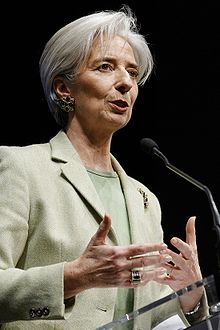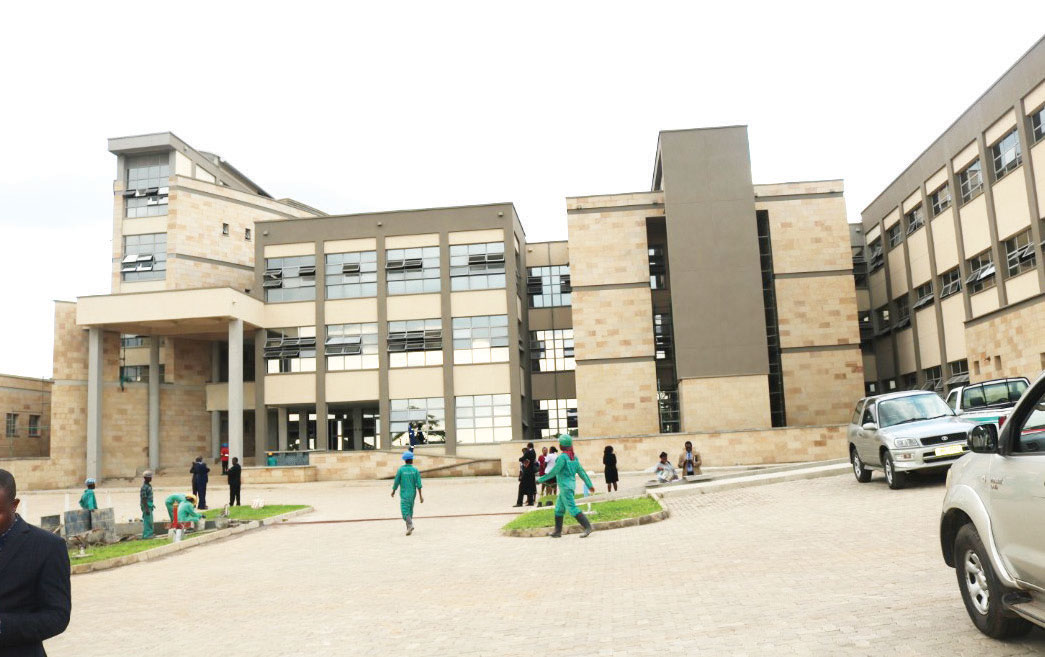International Monetary Fund (IMF) Managing Director Christine Lagarde is confident that the ongoing reforms in Malawi will turn the economy around.
In a statement made at the end of her visit to Malawi over the weekend, Lagarde admitted that Malawi’s recent economic situation has been difficult with drought and lower-than-expected foreign exchange earnings dampening growth and contributing to a spike in inflation in 2012.
She said, however, notwithstanding the current hardships, many of her interlocutors while in Malawi were confident that the ongoing reforms will turn the economy around—an optimism that she shares.
“It’s like you are crossing a river and you are now at the middle of it. For Malawi, what is on the other side of the river is very promising than what you left. You have to complete the crossing for you to see the benefits,” Lagarde said during a press briefing he addressed alongside Finance Minister Ken Lipenga, Reserve Bank of Malawi Governor Charles Chuka, IMF Director for African Department Antoinette Sayeh and IMF Chief of Malawi Mission Tsidi Tsikata.
She congratulated President Joyce Banda for the bold economic policies of her administration, including the liberalisation of the foreign exchange market.
She commended the government’s efforts to address the unforeseen challenges through continued commitment to economic reforms.
“Malawi has already made significant progress in addressing the serious imbalances that were hampering economic growth just a few months ago,” said Lagarde, stressing the need for Malawi to stay the course while putting in place social protection programmes to alleviate the impact of the adjustment measures on the poorest households.
She said, however, continued assistance from development partners will be essential to support the ongoing reforms.
The IMF boss said her fund will continue to support Malawi with policy advice, financial assistance under the programme supported by the Extended Credit Facility, and technical assistance and training to strengthen capacity in macroeconomic management.
She said Malawi, like all of sub-Saharan Africa, has become increasingly integrated into the rest of the world which have exposed it to external risks such as global economic uncertainty and rising food prices.
Because of this, Lagarde said it will be essential for Malawi and other African countries to have strong macroeconomic frameworks, improve institutional capacity, and ensure sustainable and inclusive growth in order to maintain the impressive economic performance of the last 10 years.
“The IMF will continue to assist in these vital efforts,” she promised.
On his part, Lipenga said the reforms that were made were a decision of Malawi government on behalf of the nation, urging for patience as results will begin to show soon.
Earlier, Lagarde lectured at a conference that brought together the private sector, civil society and government officials about economic rebirth, saying Malawi has great potential but lamented that after 50 years of independence, the country has not lived up to the potential.
She said there was an urgent need for Malawi to achieve a rebirth of its economy through three core dimensions of economic stability, growth and human development.
“I believe that the key to unlocking Malawi’s potential lies in making it more competitive. This should help with diversification, allowing the country to rely less on agriculture and gain a foothold in newer and promising areas,” she said.





No comments! Be the first commenter?